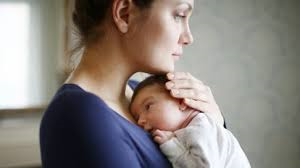
ARCH Lab Collaborates on Study of Infant Emotion Regulation and Maternal PPD
The ARCH Lab recently collaborated on a study of infant emotional regulation in dyads where mothers are experiencing postpartum depression (PPD). The paper, “Follow the

The ARCH Lab recently collaborated on a study of infant emotional regulation in dyads where mothers are experiencing postpartum depression (PPD). The paper, “Follow the

Members of the ARCH Lab recently published a paper titled “Measurement Invariance of the GAD-7 and CESD-R-10 Among Adolescents in Canada” in the Journal of
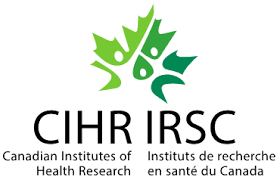
Congratulations to two students from the ARCH Lab for receiving Master’s scholarships from the Canadian Institutes of Health Research (CIHR). Kiran Dhuga, current MSc student
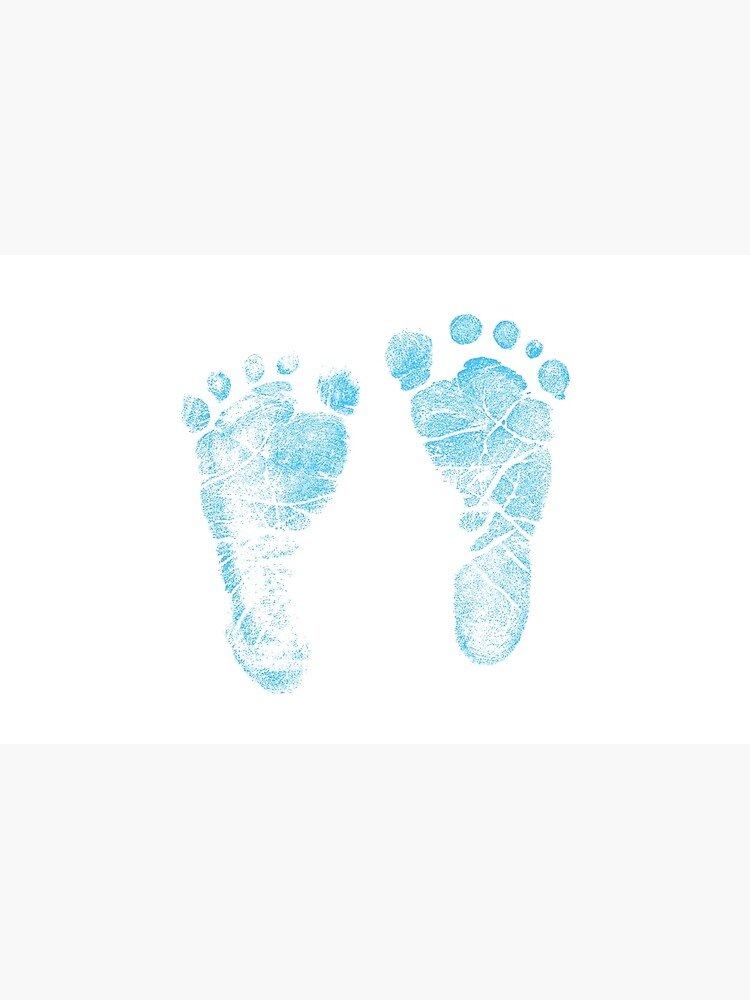
Congratulations to Robyn Wojcicki, Project Coordinator, on the birth of her second son, Thomas. We are very excited for you, Robyn, and hope you enjoy

The ARCH Lab collaborated with colleagues from the EDI (Early Development Instrument) Team at the Offord Centre for Child Studies on a recently published paper

The ARCH Lab collaborated on a study with colleagues from McMaster University on the effectiveness of group cognitive behavioural therapy (CBT) for postpartum depression (PPD)

The ARCH Lab recently published a paper titled “Prevalence and Correlates of Physical-mental Multimorbidity in Outpatient Children from a Pediatric Hospital in Canada”. The aim

The ARCH Lab has recently published a paper, titled “Hair Cortisol and Health-Related Quality of Life in Children with Mental Disorder”. While it is established
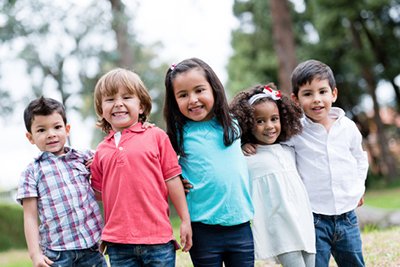
The ARCH Lab collaborated with the authors of the KIDSCREEN-27, a measure of health related quality of life for children and adolescents, to assess whether
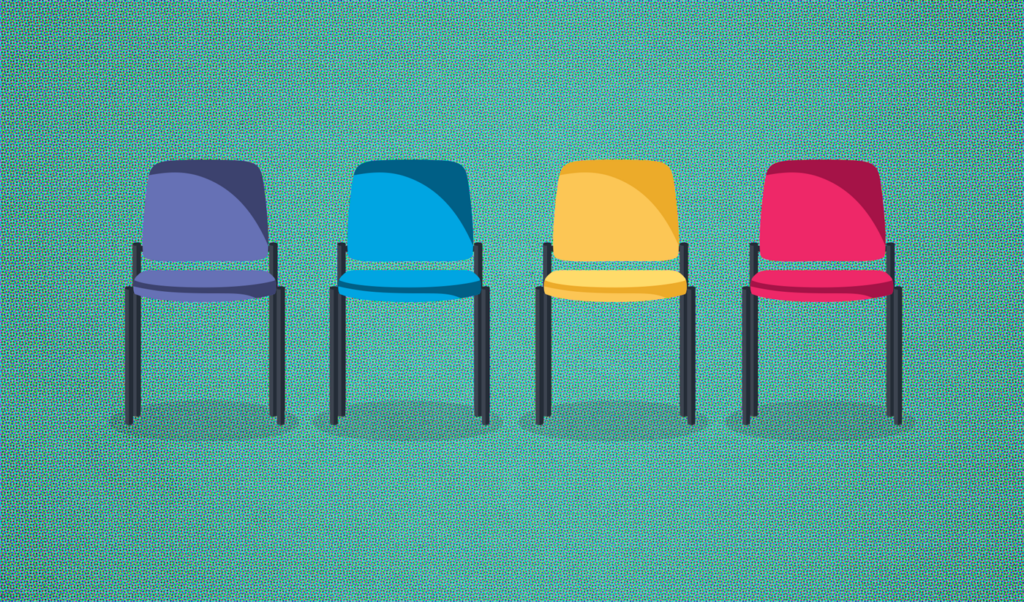
Dr. Ferro participated in a CAPE (Canadian Academy of Psychiatric Epidemiology) Conversation on June 30, 2021. This particular conversation focused on career opportunities, how to